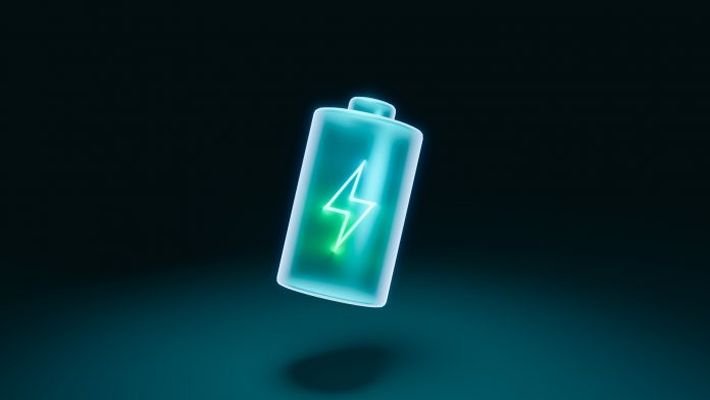Tohoku University and UCLA researchers collaborated to make substantial progress toward high-voltage metal-free lithium-ion batteries that employ croconic acid, a tiny organic chemical. This acid, when used as a lithium-ion battery cathode material, maintains a strong working voltage of around 4 V.
Croconic acid is made up of five carbon atoms that are pentagonally connected to one other, and each of the carbons is bound to oxygen. It also has a high theoretical capacity of 638.6 mAh/g, which is significantly greater than the theoretical capacity of standard lithium-ion battery cathode materials.
The innovation brings us one step closer to metal-free, high-energy, low-cost lithium-ion batteries.
Unlike traditional lithium-ion batteries, which rely on rare-earth metals like cobalt and lithium, organic batteries make use of naturally available components like carbon, hydrogen, nitrogen, and oxygen.
Furthermore, because organic batteries are made of organic components, they have higher theoretical capacities than ordinary lithium-ion batteries. Although the theoretical capacity was not reached in this study, the researchers are confident that it may be increased through the creation of high-voltage stable electrolytes and chemical alterations to croconic acid.
Reference- Tohoku University Online Newsroom, Clean Technica, Inside EVs, The Verge, MachineDesign
